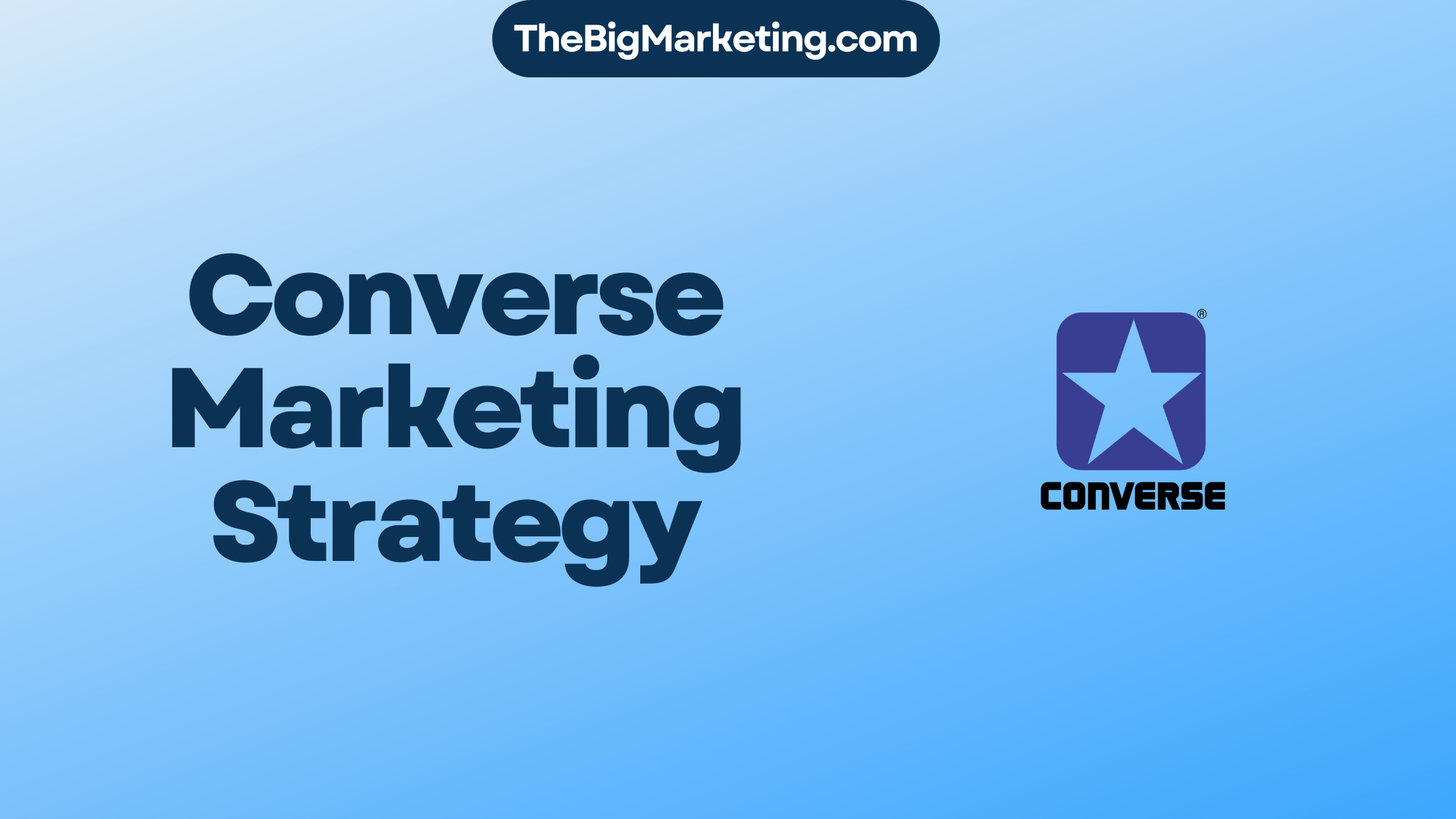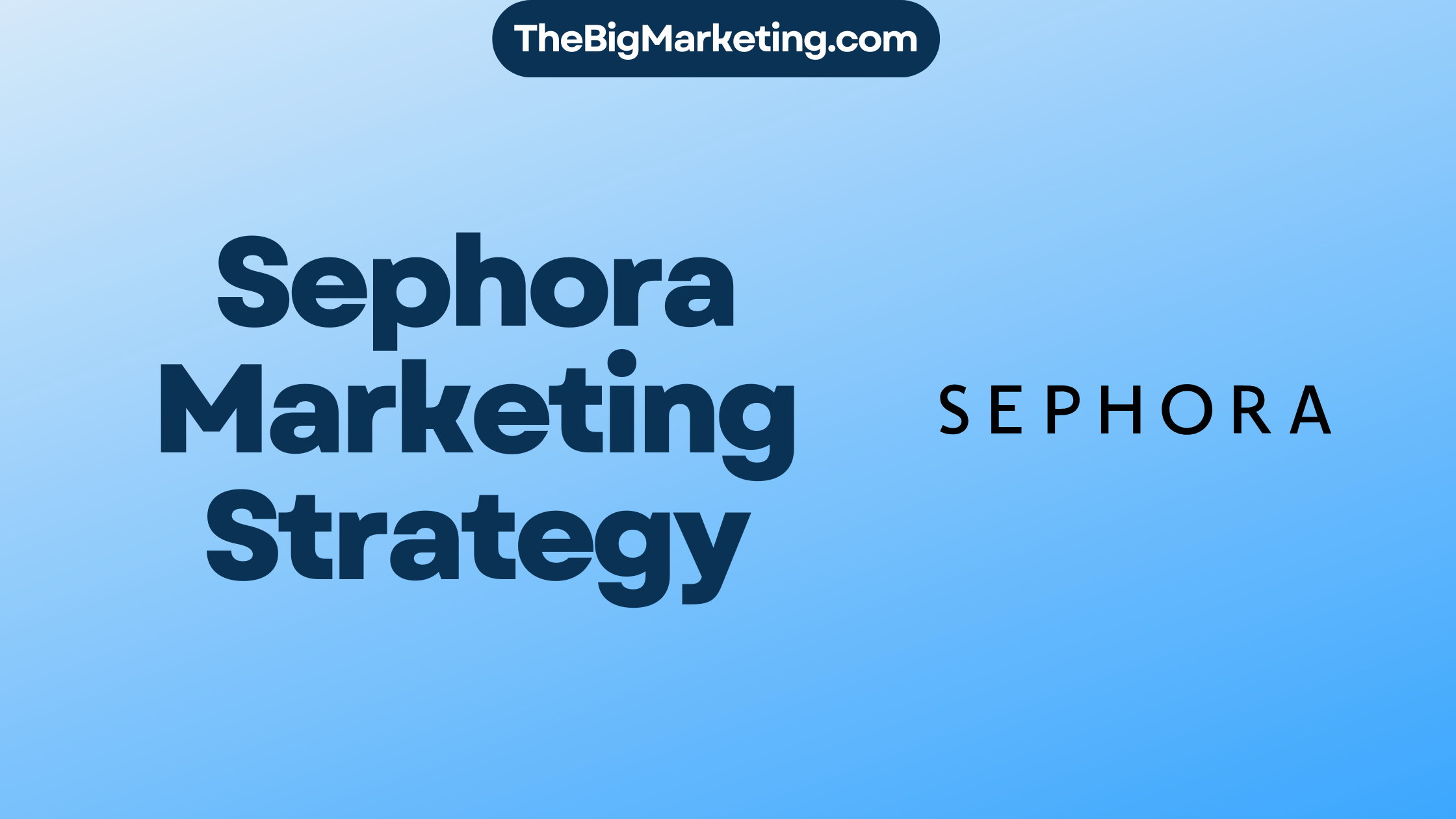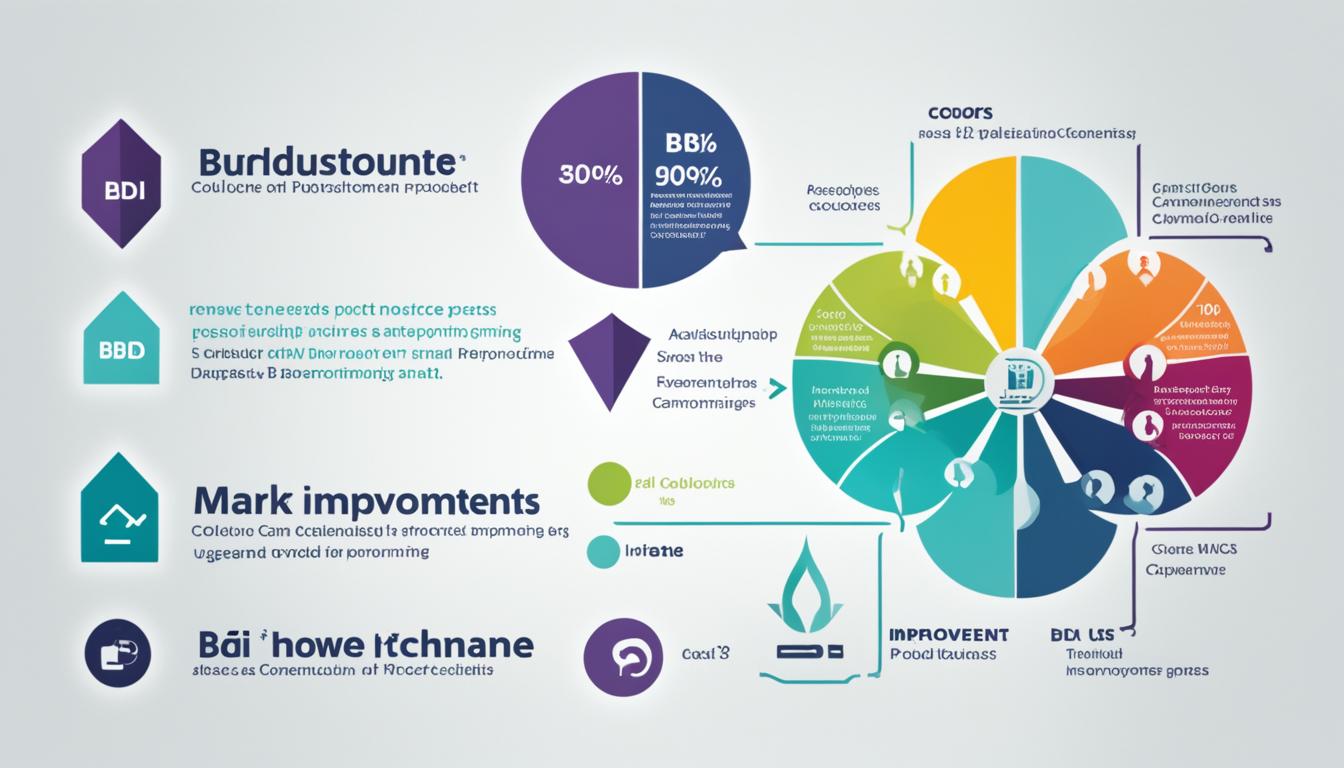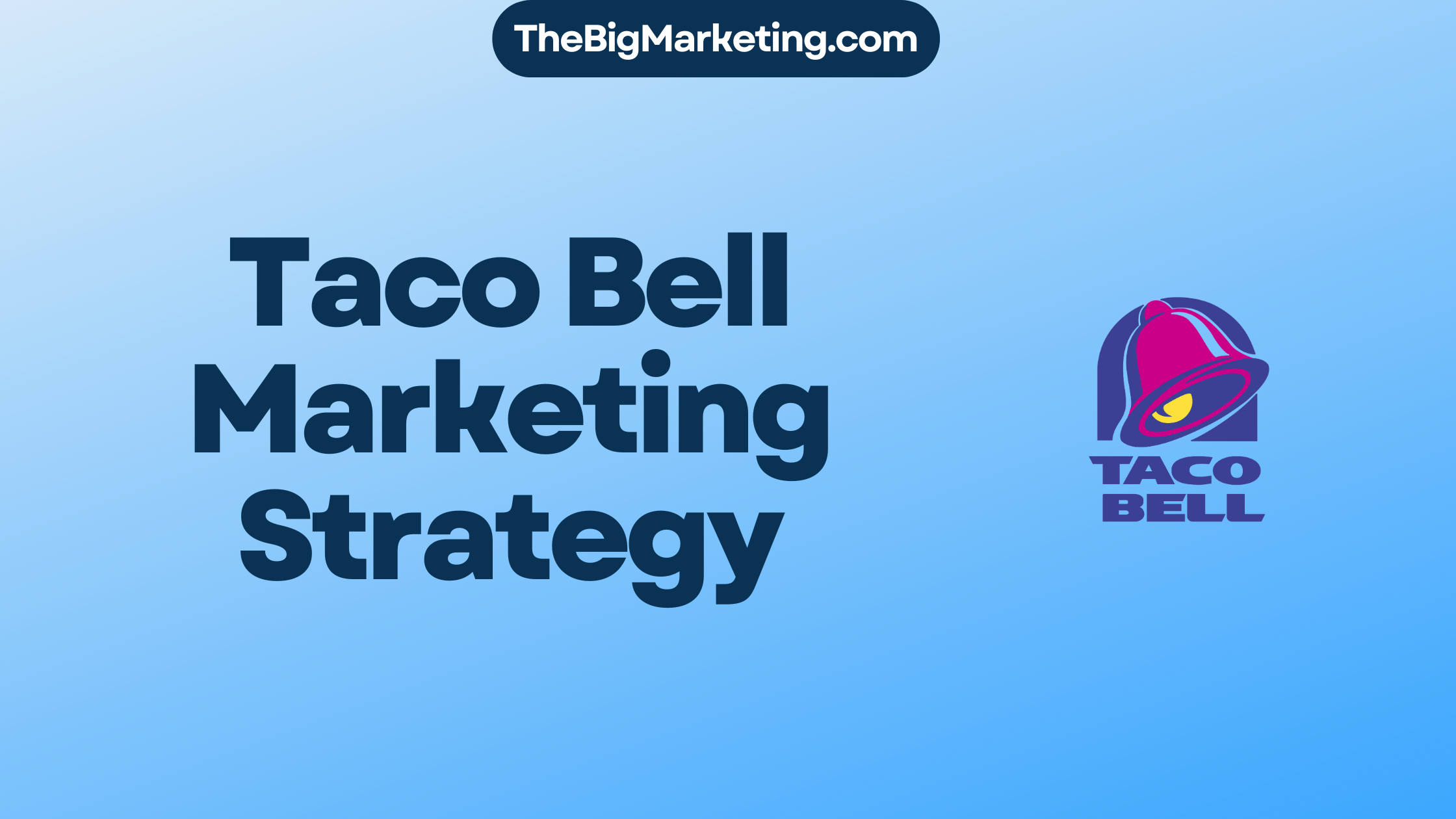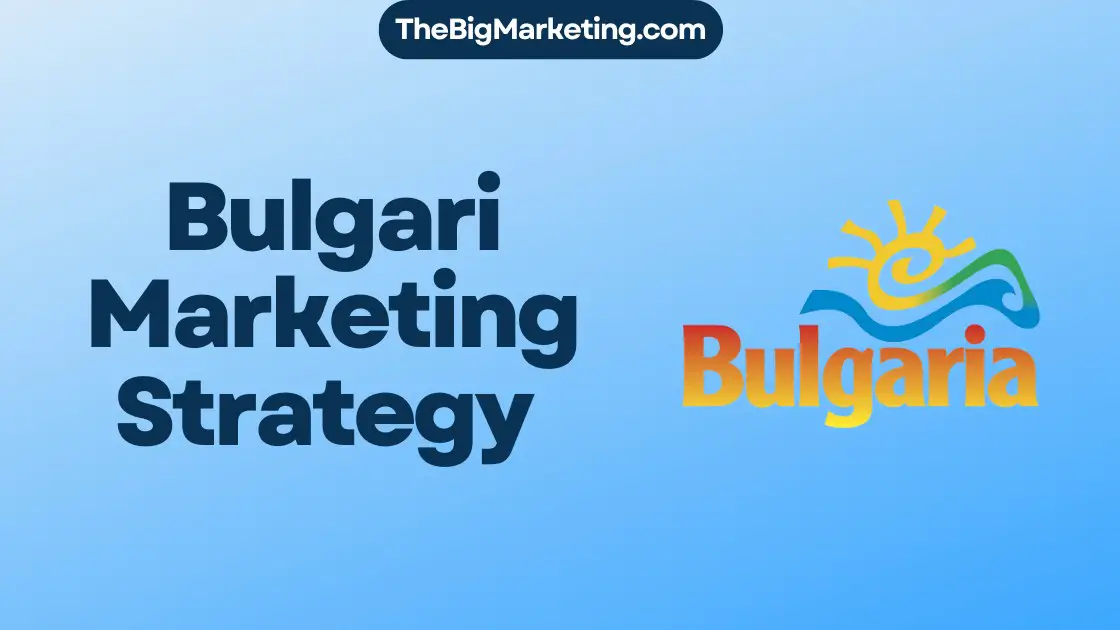Platform marketing is a way to promote brands using online spaces. It uses different digital venues to find and connect with the people brands want to talk to. Through analyzing campaigns and tweaking approaches, it makes marketing better.
This type of marketing uses many tools. These include social media, working with influencers, creating content, sending emails, SEO, paying for ads, affiliating marketing, targeting mobile users, using automation, and analyzing data. With these methods, companies can spread their message further, connect deeply with their audience, and grow in the digital world.
Key Takeaways:
- Platform marketing utilizes online platforms to promote brands, products, or services.
- Digital marketing platforms include social media platforms, influencer marketing, content marketing, email marketing, and more.
- By leveraging these platforms, businesses can maximize their reach and engage with their target audience.
- Platform marketing is crucial for driving success in today’s digital landscape.
- Effective use of platform marketing tools can optimize marketing strategies and analyze campaign performance.
What is a Digital Marketing Platform?
A digital marketing platform is a toolset for online marketing. It helps businesses carry out their marketing strategies. These platforms often include media buying, performance measurement, optimization, and brand tracking. These features are vital for reviewing campaign results and making smart decisions.
These platforms offer a central spot for managing marketing efforts. They help businesses organize their work, automate tasks, and understand their marketing results. With these tools, businesses can make sure their ads reach the right people. They also help businesses measure how well their campaigns are doing.
Optimization is a key feature of these platforms. They provide ways to make campaigns better and boost marketing success. Businesses can test different ads and improve their websites with these tools. This leads to more customers and a stronger investment return.
Monitoring how people see your brand is possible with digital marketing platforms. They let businesses know their brand’s online image, awareness, and how customers feel. Tracking brand performance helps businesses enhance their reputation and customer loyalty.
While they may not focus on SEO or social media, these platforms often work with other tools. Many offer ways to connect with SEO tools and social media platforms. This helps businesses pull their marketing efforts together more smoothly.
For any business aiming to improve its online marketing, digital marketing platforms are essential. They offer the tools needed for running campaigns, checking results, and growing the business.
| Functions | Description |
|---|---|
| Media Buying | Allows businesses to purchase ad space or placements on various digital platforms. |
| Performance Measurement | Enables businesses to track and measure the effectiveness of their marketing campaigns. |
| Optimization | Provides tools and features for optimizing marketing campaigns and improving performance. |
| Brand Tracking | Allows businesses to monitor and measure brand performance and customer sentiment. |
What is Digital Marketing?
Digital marketing is about using the internet and online media through devices. It includes channels like search engines, social media, and websites to spread brand messages.
The internet is a big part of our lives today. We’re always online, whether it’s through phones or computers. This gives businesses a chance to reach and connect with their audience.
Search engines are key in digital marketing. They’re where most people start looking for information. Through SEO, companies can show up higher in search results. This increases visibility and brings in more visitors.
Social media has changed how businesses market. With billions on these platforms, it’s a powerful way to connect with customers. Businesses can use social media to share their message, attract attention, and get customers involved.
Apps, both on web and mobile, open new marketing doors. Businesses can use apps to engage their audience directly. This offers a more personal experience.
Email marketing is still very important. By getting customer emails, companies can send specific messages and deals. This helps in making leads into customers. The right emails can make customers feel valued and keep them coming back.
Websites are important for showing what a business offers. A good website displays products or services and helps make sales. Using analytics, businesses can see how well their site works and make it better.
Digital marketing is about using online channels to reach out to customers. By using these tools well, businesses can grow their online impact. They can connect with their audience better and succeed online.
Digital Marketing Channels:
- Search engines
- Social media platforms
- Applications
- Email marketing
- Websites
Benefits of Digital Marketing:
- Wide reach and target audience targeting
- Cost-effective compared to traditional marketing
- Measurable results and analytics
- Real-time engagement and customer feedback
- Personalized and targeted marketing messages
| Digital Marketing Channels | Benefits |
|---|---|
| Search engines | Reach customers actively searching for products or services |
| Social media platforms | Engage with target audience and build brand awareness |
| Applications | Directly reach customers and provide personalized experiences |
| Email marketing | Nurture leads and drive conversions through targeted messages |
| Websites | Showcase products or services and drive conversions |
Examples of Digital Marketing Assets
Digital marketing needs a strong set of tools for success. These tools help businesses build an online presence, connect with people, and earn their trust. Here are some key digital marketing assets for businesses:
Social Media Profiles
Social media lets businesses talk with their followers, share news, and promote what they offer. On platforms like Facebook and Instagram, companies can reach their audience, create brand buzz, and get more customers.
Websites
Websites act like a business’s online shop. They display products or services, offer helpful info, and turn visitors into buyers. A good website is easy to use, looks great, and is set up to attract more visitors.
Images
Images grab people’s attention online. Great pictures can be used in blogs, social media, and websites. They make people feel something and notice a brand’s online space.
Video Content
Videos are now a big deal in online marketing. They help businesses share stories, teach their audience, showcase products, and connect with viewers. Platforms like YouTube are ideal for sharing videos.
Blog Posts
Blog posts share useful info, offer insights, and build a business’s authority. Regular blog updates draw in and keep the audience’s interest, increase website visits, and boost online visibility.
eBooks
eBooks offer detailed info or guidance to readers. They’re great for gathering leads, growing email lists, showing expertise, and guiding potential buyers.
Reviews and Customer Testimonials
Reviews and testimonials help gain trust and show a business’s worth. Positive feedback can sway buyers, prove value, and highlight a product’s quality.
Branded Logos, Images, and Icons
Branded visuals like logos and icons showcase a business’s personality and make it noticeable online. Using these consistently helps people recognize and respect the brand more.
| Asset | Description |
|---|---|
| Social Media Profiles | Online profiles on social media platforms to connect, engage, and promote. |
| Websites | Digital storefronts with valuable information and conversion opportunities. |
| Images | Visually appealing assets used in blog posts, social media, and websites. |
| Video Content | Engaging videos shared on platforms like YouTube and social media. |
| Blog Posts | Valuable articles that attract, engage, and drive traffic to a website. |
| eBooks | In-depth guides or resources used to collect leads and nurture prospects. |
| Reviews and Customer Testimonials | Feedback from customers that builds trust and social proof. |
| Branded Logos, Images, and Icons | Visual elements that represent a brand’s identity and professionalism. |
For businesses, a variety of digital marketing tools is key for effective engagement, establishing authority, and getting more conversions. Using these tools in a smart way helps create a marketing plan that focuses on the customer, boosts brand loyalty, and keeps customers coming back.
Importance of Digital Marketing
Today, having a strong digital marketing strategy is crucial for businesses. The rise of technology and internet use has changed how businesses interact with their audience. Digital marketing helps establish a strong online presence and meet consumer needs.
Digital marketing lets businesses reach their audience across various digital channels and devices. By using online marketing strategies, businesses can connect with their target audience online. This approach helps businesses stay competitive and visible to their customers.
Creating an online community is important in digital marketing. It allows businesses to offer personalized experiences and talk with customers, building a loyal brand following. Online communities enable personalized and interactive engagement, which strengthens brand-customer relationships.
Digital marketing is key in making a brand appealing and trustworthy. Businesses can use online channels to show their expertise and share valuable content. Consumers look for brands that are honest, credible, and engage with them. Digital marketing is the platform for building this trust.
Also, digital marketing helps businesses keep in touch with customers after they buy something. Through personalized messages and targeted communication, businesses can continue to be valuable to their customers. This leads to stronger brand loyalty and more repeat business.
APIs are crucial in digital marketing as they allow businesses to work with third-party platforms easily. APIs let businesses add more functions, engage users better, and offer personalized experiences. Using a variety of technologies and platforms creates a strong digital marketing framework.
In conclusion, digital marketing is essential for business growth. It equips businesses with tools and strategies to build a strong online presence, meet customer needs, engage a community online, increase their appeal and trust, and keep customers coming back.
10 Types of Digital Marketing Platforms with Strategies & Examples
There are ten key digital marketing types that help businesses connect with their audience. From social media to SEO, each type has unique ways for you to boost your online presence. Let’s dive into these different digital marketing platforms.
Social Media Marketing Platforms
Platforms like Instagram, Facebook, and TikTok let businesses talk directly to their target audience. With posts, stories, and messages, you can get closer to your audience. These tools also support paid and organic methods to increase brand awareness and customer reach.
Influencer Marketing Platforms
Influencer platforms link businesses with big-name social media figures. These influencers can make your brand more trusted and well-known. By working with them, you can reach new customers and grow your business.
Content Marketing Platforms
These platforms offer tools to create and share quality content such as blogs, videos, and infographics. Great content makes you look like an expert and attracts visitors to your site. This can lead to more leads and sales.
Email Marketing Platforms
With email marketing, you can send personalized emails to your customers. Platforms provide ways to segment your audience, automate emails, and track results. This helps build stronger customer relationships and drives sales.
SEO Platforms
SEO platforms help your website and content rank higher in search engine results. They offer keyword research, optimization tips, and performance tracking. This increases your online visibility and brings more potential customers to your site.
PPC Platforms
PPC (Pay-Per-Click) platforms like Google Ads let you run ads targeted at specific audiences. You only pay when someone clicks on your ad. It’s a fast way to get seen by your target market.
Affiliate Marketing Platforms
Affiliate platforms match businesses with affiliates who get a commission for selling your products. It’s a budget-friendly way to expand your reach. Affiliates help you tap into new audiences and boost sales.
Mobile Marketing Platforms
These platforms help you reach people on smartphones and tablets. They offer tools for sending push notifications, promoting apps, and targeting users based on location. This leads to more app downloads and mobile sales.
Marketing Automation Platforms
Marketing automation makes marketing tasks and campaigns easier to manage. They help tailor customer experiences and deliver the right content at the perfect time. This saves time and improves your marketing impact.
Marketing Analytics Platforms
Analytics platforms give insights into how well your marketing is doing. They track website traffic, conversions, and customer activity. This helps you know what’s working and adjust your strategies for better results.
These ten digital marketing types offer unique ways to reach and engage your audience. By using the right strategies and tools, you can strengthen your brand online and achieve your goals. Make the most of what each platform offers to boost your business’s success.
Social Media Marketing Platforms
Social media marketing is key in today’s online world. Platforms like Instagram, Facebook, TikTok, LinkedIn, and Snapchat have billions of users. This gives businesses many chances to interact with people, run ads, and promote content to boost their brand.
These platforms help businesses target their ads very specifically. They can choose audiences based on location, job, interests, or age. This helps businesses reach the right people at the best times.
Social media also allows for natural product promotion. This means companies can have real conversations with customers. They can build their brand by creating content that’s both fun and engaging.
Being active on social media isn’t just about getting likes or comments. It’s also about truly connecting with potential customers. This can lead to actions like clicking links, adding items to carts, or buying directly on the platform.
Using sponsored content and ads is another important part of social media marketing. It can really help increase a brand’s visibility and bring in new leads. With smart use of these platforms, businesses can see which ads work best, engage more people, and get more from their investments.
Social media is also crucial for creating a brand. It’s a place to show off products, tell your story, and connect personally with customers. With regular and creative posts, businesses can create a strong brand image and keep customers coming back.
Benefits of Social Media Marketing Platforms:
- Reach billions of users across various platforms
- Create highly targeted ad campaigns based on specific demographics
- Promote organic interactions and engagement with consumers
- Drive conversions through direct interactions within platforms
- Increase brand exposure through sponsored content and ads
- Build brand identity and establish long-term customer loyalty
Examples of Social Media Marketing Platforms:
| Platform | Key Features |
|---|---|
| Visual content, stories, influencers | |
| Wide user base, detailed ad targeting | |
| TikTok | Short-form video content, viral trends |
| Professional networking, B2B marketing | |
| Snapchat | Ephemeral content, AR features |
Using social media marketing platforms well can give businesses huge benefits. With the right ads and interactive content, companies can grow their online presence. This helps them make their marketing more effective and achieve great results.
Influencer Marketing
Influencer marketing is now a key strategy for digital marketing. Brands work with popular figures to connect with their audience. Through shared content and endorsements, influencers help build trust and increase sales.
Many people trust influencers on social media. So, using these platforms can really help a brand succeed. It’s a great way to make meaningful connections, get noticed more, and improve sales.
Influencer marketing uses influencers’ wide reach and trustworthiness. By choosing influencers who fit their brand well, companies can promote effectively to interested people.
Experts and celebrities are trusted by many, and their endorsements matter. When they support a brand, it can make people see the brand as more trustworthy. This trust is essential for influencing people’s choices and encouraging them to buy.
Brand Building through Influencer Marketing
But influencer marketing isn’t just for short-term gains. It’s also great for long-term brand development. By working with influencers, businesses can strengthen their brand image in a consistent and appealing way. Influencers showcase a brand’s values and what makes it special.
Influencers can also help a brand become seen as an authority. By creating related, engaging content, they increase brand awareness. This helps the brand become recognized as a reliable source.
Influencer marketing adds a personal touch unlike standard ads. It comes across as a genuine recommendation from a trusted figure. This authenticity deepens the bond between the brand and its audience, leading to more loyalty and business.
Overall, influencer marketing is a strong approach for companies wanting to connect with their audience. By teaming up with influencers, brands can leverage trust and recommendations to enhance their reputation and sales.
Email Marketing
Email marketing is key to a successful digital marketing plan. It lets businesses keep in touch with their prospects and customers. This helps build long-term relationships and boosts sales.
Customized newsletters are a big part of email marketing. They send out news, updates, and special deals that the audience cares about. This approach keeps leads interested, strengthens brand loyalty, and encourages more buys.
Email marketing also allows for personalized offers based on previous interactions. By understanding what customers like, businesses can make offers just for them. This makes customers feel special and more likely to buy.
Then, there are transactional emails. These are sent after a customer does something, like buying something or updating their password. They’re important and get read a lot because they have info customers need. Using these emails well can make customers happier and more satisfied.
In the end, email marketing is a powerful way to talk directly to your audience. It can be through newsletters, special deals, or important transactional messages. It’s vital for keeping leads warm, making more sales, and building solid customer connections.
Content Marketing
Content marketing is all about making and sharing great content to attract people. It helps businesses show they are experts in their field and gain trust. The main aim is to help and provide value to the audience, not just sell something.
Different types of content can be used. Blog posts are common and share tips or news about a topic. They let businesses show off their knowledge and talk with their audience.
E-books offer detailed information on a topic and help get email addresses to find new leads.
Newsletters keep in touch with the audience regularly. They share news, exclusive content, and deals.
Videos are really engaging. They can show off products, teach something, or share stories.
Audio transcripts turn podcasts or webinars into text. This makes content easier to find and use.
Whitepapers dive deep into a subject, showing research and expert opinions.
Infographics turn complex ideas into simple visuals. This makes them easy to share online.
The secret to great content marketing is knowing your audience. It’s about making stuff they find useful and interesting. Good content helps businesses attract people, build trust, become thought leaders, and keep customers loyal.
Conclusion
Platform marketing is a key part of digital marketing. It lets businesses use online channels to reach and connect with their target audiences. Through different digital marketing platforms, they can better their marketing strategies, see how well their campaigns are doing, and succeed online.
Social media marketing, influencer marketing, email marketing, and content marketing are examples of these platforms. Each one has a special role in advertising brands, products, or services on the internet.
Using these platforms in a full digital marketing plan helps businesses grow online. They can attract more people, talk to potential customers, and make their campaigns better to achieve success. In the quickly changing digital world, using platform marketing is essential for staying competitive.
Platform marketing helps in many ways, like making a brand more known, getting more sales, or keeping customers loyal. It gives businesses many chances to do well in the digital area. By always improving their strategies, businesses can use digital marketing platforms to reach greater success.
